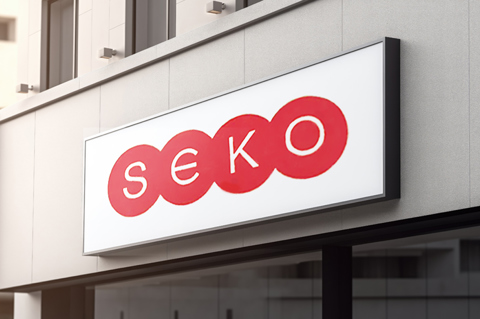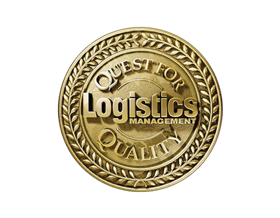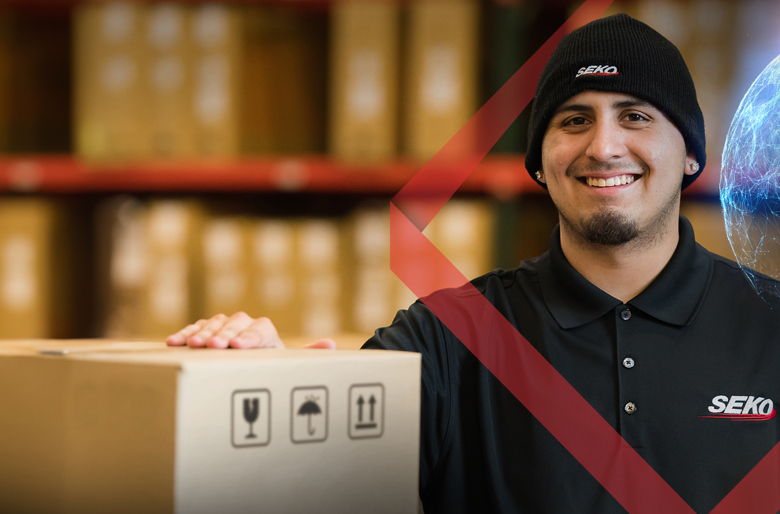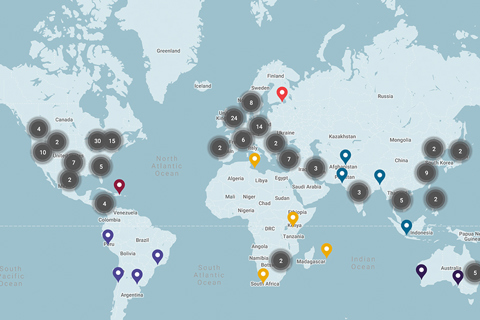WE’RE THE ‘ONE STOP’ LOGISTICS PARTNER YOU NEED
We turn your supply chain into a competitive differentiator. From pallets to parcels and orders to returns, SEKO operates as an extension of your team, providing tech-driven solutions to achieve your goals and deliver with care - for you, our employees and our communities.
OUR MISSION
To be the leader in end-to-end global logistics, by delivering sustainable client-first service, expert reliability, and technology solutions on a global scale. We will go the extra mile to make it happen.
OUR VISION
To be the leading entrepreneurial-driven, global logistics company – built on our ability to provide market-leading, intelligent supply and demand chain solutions that transform our clients’ businesses.
OUR CORE VALUES

RESPECT
For ourselves and for everyone else that we work with
Teamwork
Working together as a team in everything we do each day
Fun
Keeping ourselves motivated by working hard and playing hard
CLIENT FOCUS
Serving our clients and satisfying their transportation needs

INTEGRITY
No compromise – we hold ourselves accountable for our actions


OUR JOURNEY TO GLOBAL LEADERSHIP
SEKO began in 1976, operating out of a single office in Chicago. Since, we have grown to over 150 offices in over 60 countries worldwide, building a global reputation of being a no-nonsense, hands-on and reliable provider of first-class logistics solutions.
From that humble beginning, today SEKO provides implementation experience and expertise across all industry sectors, coupled with vital in-country knowledge and service at the local level, across the globe.
OUR LATEST AND GREATEST























FIND OUT MORE ABOUT WHAT OUR CLIENTS HAVE TO SAY

ANY QUESTIONS, WE CAN HELP – HERE’S JUST A FEW WE RECEIVE REGULARLY
- What locations do you serve?
We empower you to scale into every core market, with 150+ offices and counting.
- Can you ship what I need to ship?
No matter how specialist or time-critical your request, we can handle it all.
- How much will it cost me?
No two shipments are the same, so inquire today for an exact quote.
Please complete the form below and we’ll be back in touch soon!










